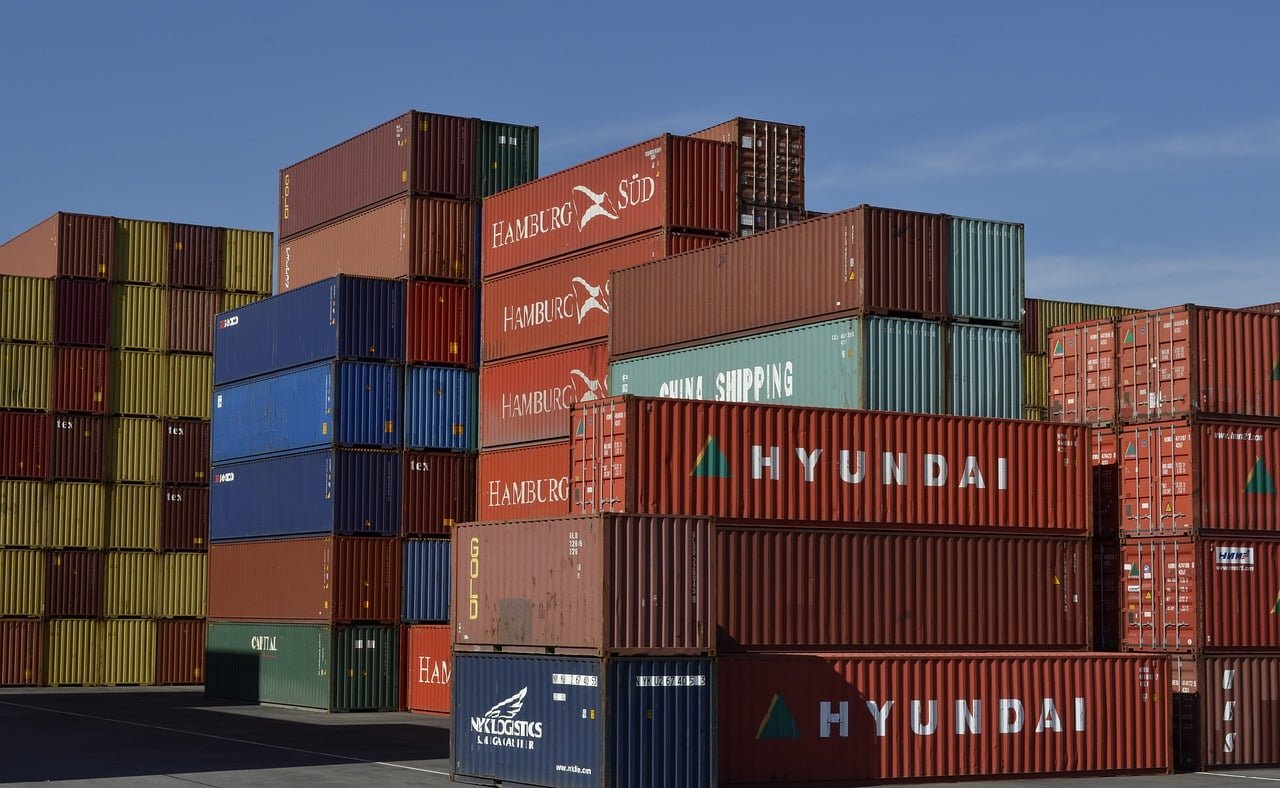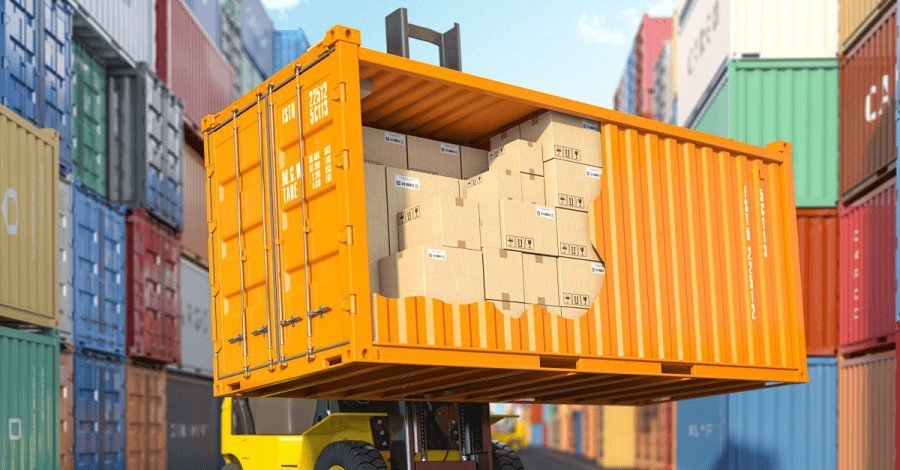Key takeaways :
- Securing Competitive Rates for LCL Shipping: To secure competitive rates for LCL shipping, optimize packaging and documentation, leverage consolidation services, establish long-term contracts, and stay informed about market trends and pricing.
- Cost Savings with LCL Shipping: LCL shipping offers cost savings by allowing businesses to share container space and pay only for the space they use. This is particularly beneficial for SMEs and businesses with smaller cargo volumes.
- Flexibility of LCL Shipping: LCL shipping provides flexibility for shipping smaller quantities or irregularly sized cargo. It allows businesses to avoid excess inventory and reduce storage costs, leading to increased operational efficiency.
- Global Reach of LCL Shipping: LCL shipping offers extensive coverage and accessibility to various destinations worldwide. Freight forwarders and shipping lines have established networks that ensure reliable and efficient delivery to both emerging markets and established trade hubs.
- Reduced Risk with LCL Shipping: LCL shipping minimizes the risk of cargo loss or damage. The careful management and monitoring of consolidated containers, along with stringent security measures, reduce the likelihood of damage during transportation.
Remember, these key takeaways provide a concise overview of the benefits of LCL shipping and strategies for securing competitive rates. By implementing these insights, businesses can optimize their shipping operations and drive growth.

In today’s globalized world, efficient and cost-effective shipping solutions are crucial for businesses of all sizes. Less than Container Load (LCL) shipping offers an attractive alternative to Full Container Load (FCL) shipping, especially for small and medium-sized enterprises (SMEs) looking to optimize their supply chain. In this blog post, we will explore the benefits of LCL shipping and provide valuable insights on how you can secure competitive rates for your shipments.
Cost Savings:
One of the primary advantages of LCL shipping is cost savings. Unlike FCL shipping, where you are required to pay for an entire container, LCL allows you to share container space with other shippers, splitting the cost accordingly. This option is particularly beneficial for SMEs or businesses with smaller cargo volumes, as it eliminates the need to pay for unused container space. By leveraging LCL shipping, you can significantly reduce transportation costs and improve your bottom line.
Flexibility:
LCL shipping provides unparalleled flexibility, allowing businesses to ship smaller quantities or irregularly sized cargo. This flexibility is especially advantageous when dealing with varying inventory levels or when shipping to multiple destinations. By opting for LCL, businesses can avoid the need for warehousing excess inventory, leading to reduced storage costs and increased operational efficiency.
Global Reach:
LCL shipping offers extensive coverage and accessibility to various destinations worldwide. Freight forwarders and shipping lines have established robust networks that ensure your cargo reaches even the most remote locations. Whether you are shipping to emerging markets or established trade hubs, LCL provides a reliable and efficient solution to meet your global shipping needs.
Reduced Risk:
LCL shipping minimizes the risk associated with cargo loss or damage. Since your cargo is consolidated with other shipments, the container is carefully managed and monitored throughout the journey. Shipping lines and freight forwarders employ stringent security measures, ensuring that your cargo remains safe and intact. Additionally, LCL shipments are subject to less frequent handling, reducing the likelihood of damage during loading and unloading processes.
Securing Competitive Rates:
Optimize Packaging and Documentation:
To secure competitive rates for your LCL shipments, it is essential to optimize packaging and documentation. Properly packaging your cargo will help maximize container space utilization, reducing costs. Additionally, accurate and complete documentation will expedite customs clearance and minimize delays, resulting in overall cost savings.
Consolidation Services:
Engaging with a reliable freight forwarder who offers consolidation services can be key to obtaining competitive rates. Consolidation services combine shipments from multiple shippers into one container, allowing for better negotiation power and lower rates. By leveraging the expertise of a freight forwarder, you can secure competitive rates while ensuring timely delivery of your cargo.
Long-Term Contracts and Volume Commitments:
Establishing long-term contracts with shipping lines or freight forwarders can enable you to negotiate favorable rates. By committing to a certain volume of shipments over an extended period, you can leverage your business and secure competitive pricing. These agreements provide stability and predictability, allowing you to plan your shipping expenses more effectively.
Stay Informed and Compare:
Continuously staying informed about market trends and comparing rates across different providers is essential to securing the most competitive rates for your LCL shipments. Regularly monitoring market fluctuations and engaging in price negotiations will enable you to make informed decisions and choose the most cost-effective shipping solution.
LCL shipping presents a range of benefits for businesses seeking cost-effective and flexible shipping solutions. From cost savings and global reach to reduced risk and increased efficiency, LCL offers an attractive alternative to FCL shipping. By implementing the strategies outlined in this blog post, you can secure competitive rates for your LCL shipments, enhancing your supply chain and driving business growth.
Remember, by embracing LCL shipping and adopting effective cost-saving strategies, you can optimize your logistics operations and gain a competitive edge in the global marketplace.

FAQ
What are the benefits of LCL shipping?
- Cost Savings: LCL shipping allows businesses to share container space and pay only for the space they use, making it cost-effective, especially for small volumes or SMEs
- Flexibility: LCL shipping is ideal for shipping smaller quantities or irregularly sized cargo, providing businesses with the flexibility to manage varying inventory levels and ship to multiple destinations.
- Global Reach: LCL shipping offers extensive coverage and accessibility to various destinations worldwide, ensuring reliable and efficient delivery even to remote locations.
- Reduced Risk: LCL shipping minimizes the risk of cargo loss or damage through careful management and monitoring of consolidated containers, along with stringent security measures
.Remember, these benefits make LCL shipping an attractive option for businesses looking to optimize their supply chain and reduce shipping costs.
What is the LCL rate?
The LCL rate, or the cost of LCL shipping, can vary depending on several factors such as the nature of the cargo, weight or volume, distance of the destination, and other accumulated costs from additional services. LCL rates are not fixed and can change in response to market conditions and supply and demand dynamics.
LCL shipping is charged based on the volume of the cargo, typically measured in cubic meters (CBM). The standard unit charge is usually quoted in USD per CBM. In some cases, charges may be based on package weight, but generally, they are based on the higher unit value, which is the volume.
It’s important to note that LCL rates are not linear and can increase sharply at certain cargo thresholds. However, for small volumes of cargo, you can often double your LCL shipment volume from the minimum (1 cubic meter) before seeing a significant difference in price.
To get accurate LCL rate estimates, it is recommended to obtain multiple quotes from freight forwarders or shipping companies. Comparing quotes will not only help you choose the best price but also provide insight into market rates and help you better understand LCL shipping rates and charges.
Remember, LCL rates can vary, and it is advisable to consult with freight forwarders or utilize online tools to get specific and up-to-date rate information for your LCL shipments.
How to calculate LCL rate?
Calculating the LCL rate for shipping can be done using various methods, but the most common approach is based on the volume of the cargo. Here’s a general overview of how to calculate the LCL rate:
1. Determine the volume of your cargo: Measure the length, width, and height of each package or item in centimeters. Multiply these dimensions together to calculate the volume in cubic centimeters (cm³).
2. Convert the volume to cubic meters (CBM): Divide the volume in cm³ by 1,000,000 to convert it to cubic meters (CBM). This step is necessary because LCL rates are typically quoted per CBM.
3. Obtain the LCL rate quote: Contact freight forwarders, shipping lines, or use online tools that provide LCL rate quotes. These quotes are usually based on the volume of the cargo in CBM.
4. Calculate the total LCL rate: Multiply the LCL rate per CBM by the total volume of your cargo in CBM. This will give you the estimated total LCL rate for your shipment.
It’s important to note that LCL rates can vary depending on factors such as the nature of the cargo, weight or volume, distance of the destination, and other accumulated costs from additional services. Additionally, rates may be subject to additional charges such as customs fees, documentation fees, and fuel surcharges.
To get accurate and up-to-date LCL rate estimates, it is recommended to obtain quotes from multiple freight forwarders or shipping companies. Comparing quotes will help you choose the best price and understand the specific factors that contribute to the LCL rate for your shipment.
Remember, the calculation of LCL rates may vary depending on the specific requirements and practices of different shipping providers. It’s always advisable to consult with freight forwarders or utilize online tools to get specific and up-to-date rate information for your LCL shipments.
How to handle LCL shipments?
Handling LCL shipments involves several considerations to ensure smooth and efficient transportation. Here are some key points to keep in mind:
1. **Packaging and Labeling**: Proper packaging is crucial to protect the cargo during handling and transportation. Use sturdy boxes designed for exporting goods and consider palletizing the cargo for added security and easier handling. Ensure that the packaging is suitable for the nature of the goods being shipped.
2. **Documentation**: Prepare all necessary shipping documents, including commercial invoices, packing lists, and any required customs documentation. Ensure that the documents are accurate, complete, and comply with the regulations of the origin and destination countries.
3. **Booking with an LCL Consolidator**: Most LCL shipments are booked through an international freight forwarder or LCL consolidator. Provide them with the details of your shipment, including dimensions, weight, and the number of pieces. They will handle the consolidation and arrangement of your cargo.
4. **Container Freight Station (CFS)**: LCL shipments are usually handled at Container Freight Stations. These stations handle both full containers and LCL shipments. Your cargo will be consolidated for export or segregated and prepared for delivery upon arrival at the destination port.
5. **Customs Clearance**: Ensure that you have all the necessary customs documentation and comply with the customs regulations of both the origin and destination countries. Customs clearance procedures typically take place at the CFS.
6. **Handling and Transportation**: LCL shipments involve multiple handling points, so it’s important to choose a reputable shipping company or freight forwarder that will properly handle your cargo. Be aware that LCL shipments may have longer transit times compared to full container loads (FCL) due to the consolidation and deconsolidation processes.
7. **Additional Costs**: LCL shipments may incur additional costs such as container stuffing fees, warehousing charges at the CFS, and specific handling fees. These costs should be considered when calculating the overall shipping expenses.
Remember, handling LCL shipments requires attention to detail, proper packaging, accurate documentation, and coordination with freight forwarders or LCL consolidators. By following these guidelines, you can ensure a smoother shipping process for your LCL cargo.
Hope this article was helpful for more check out our previous blog post by clicking here.

